Like Quentin Tarantino, David Fincher didn’t go to film school; he went to films. And he went to some pretty great films to get an education in engaging an audience with cinema and using film language to tell a story, drawing inspiration from the work of Alfred Hitchcock and Martin Scorsese.
With the exception of his directorial debut, Alien 3, which was taken over by ravenous studio executives, Fincher’s visual style is unparalleled — and it’s the result of disparate influences from all over the timeline of film history. So, here are 10 movies that have influenced the work of David Fincher.
10 Butch Cassidy And The Sundance Kid (1969)
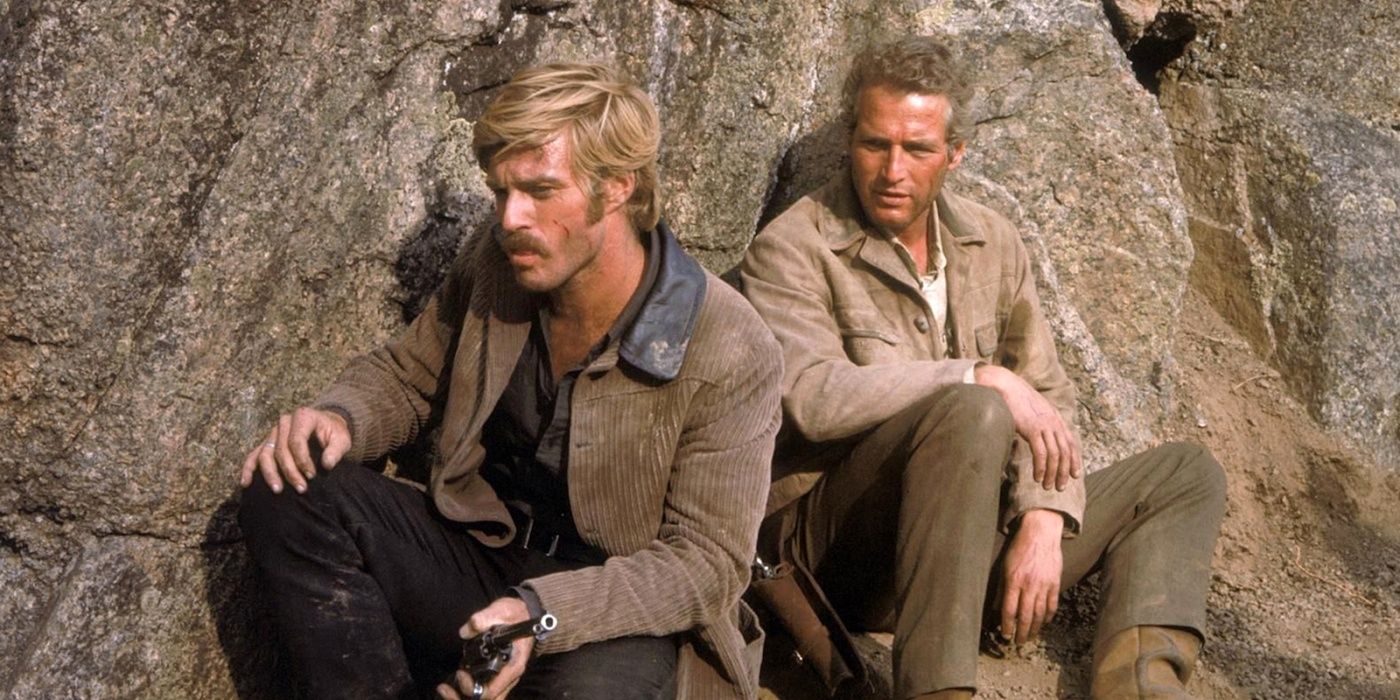
Watching a making-of documentary about the production of George Roy Hill’s revisionist western Butch Cassidy and the Sundance Kid at the age of eight is what got David Fincher interested in filmmaking in the first place.
Paul Newman and Robert Redford’s bubbly chemistry combines with William Goldman’s smart, perfectly structured, convention-defining script to turn Butch Cassidy into one of the greatest anti-Westerns ever made.
9 Rebel Without A Cause (1955)
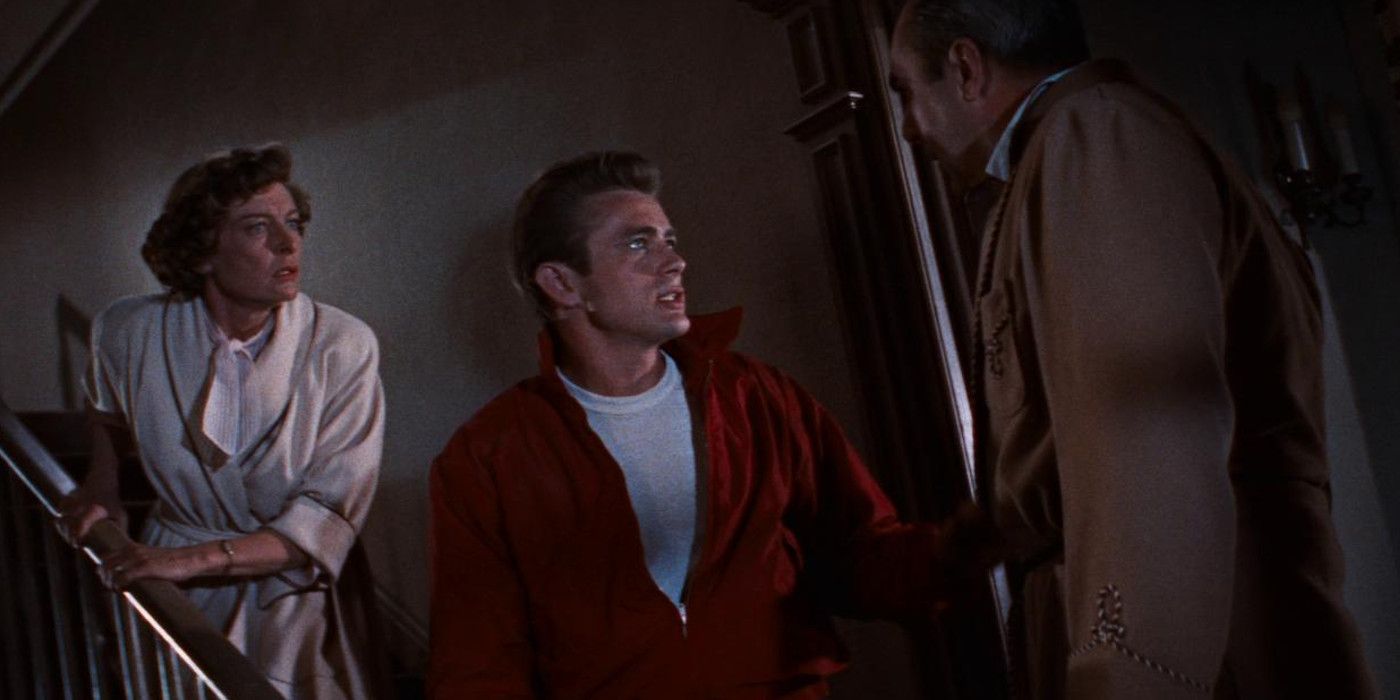
The movie that defined James Dean’s on-screen persona before his life was cut tragically short, Rebel Without a Cause was a major inspiration for Fight Club.
The rebellious generation was different — Fight Club focused on Generation X pushing back against consumerism — but Fincher imbued Fight Club with a lot of Rebel Without a Cause’s themes and social commentary.
8 Jaws (1975)
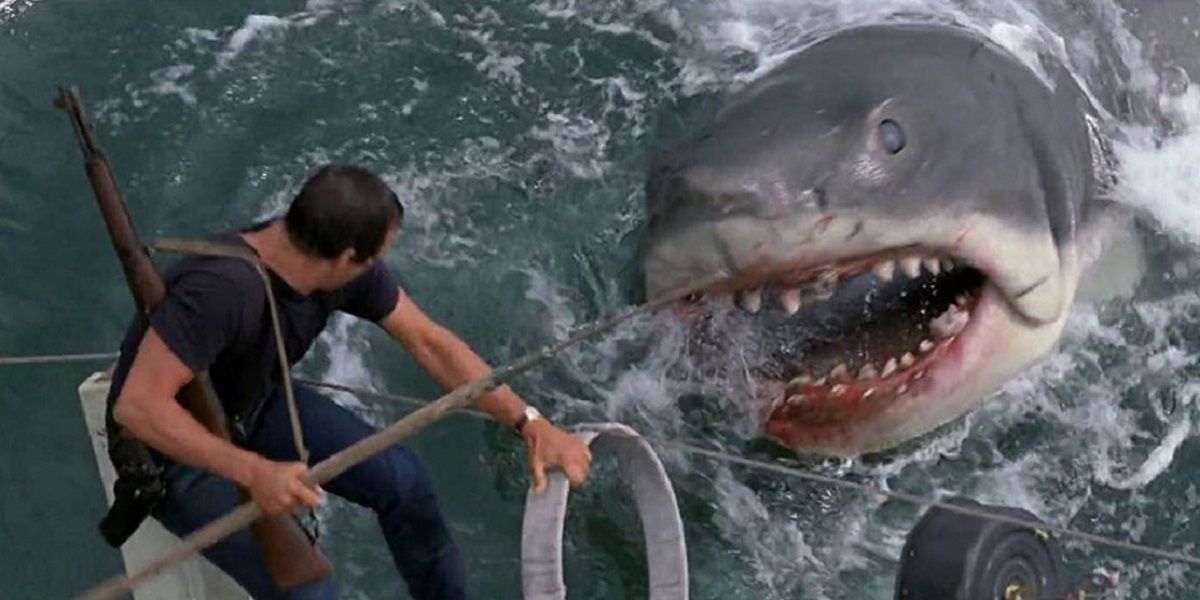
Fincher’s filmography is rampant with intense suspense, and while that has mostly been influenced by the films of Alfred Hitchcock, the director also counts Steven Spielberg’s Hitchcockian blockbuster Jaws among his major influences.
It introduced Fincher to the notion of a movie leaving a lasting scar: “I don’t know how much movies should entertain. To me, I’m always interested in movies that scar. The thing I love about Jaws is the fact that I’ve never gone swimming in the ocean again.”
7 The King Of Comedy (1982)
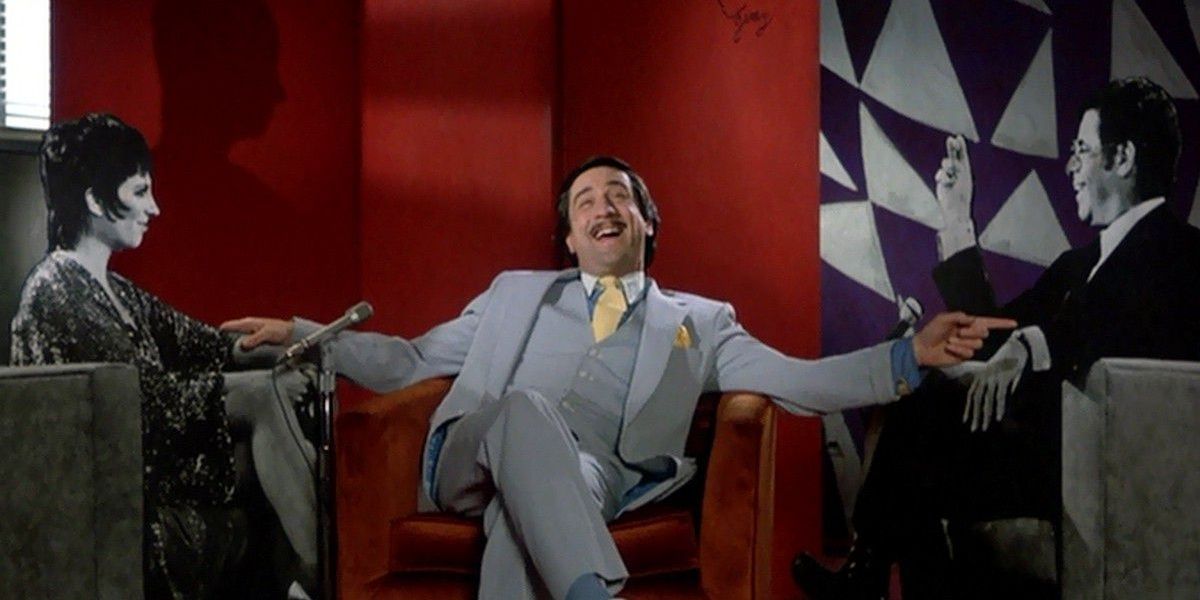
David Fincher likes to bring his characters to their lowest point and destroy them from within. He got this sadistic streak from the works of Alfred Hitchcock, Steven Spielberg, and especially Martin Scorsese.
When he first moved to L.A., Fincher was given free tickets to the premiere of Scorsese’s incisive fame satire The King of Comedy by his talent agency. Fincher he points to the scene in which Rupert Pupkin brings his girlfriend to Jerry Langford’s house as a successful example of breaking down characters. He explained, “You’re kind of sitting there, hoping it’s a dream, and you’re sitting there saying that this can’t actually happen. I was so alive in that. I thought that was a great, valid moviegoing experience.”
6 Klute (1971)
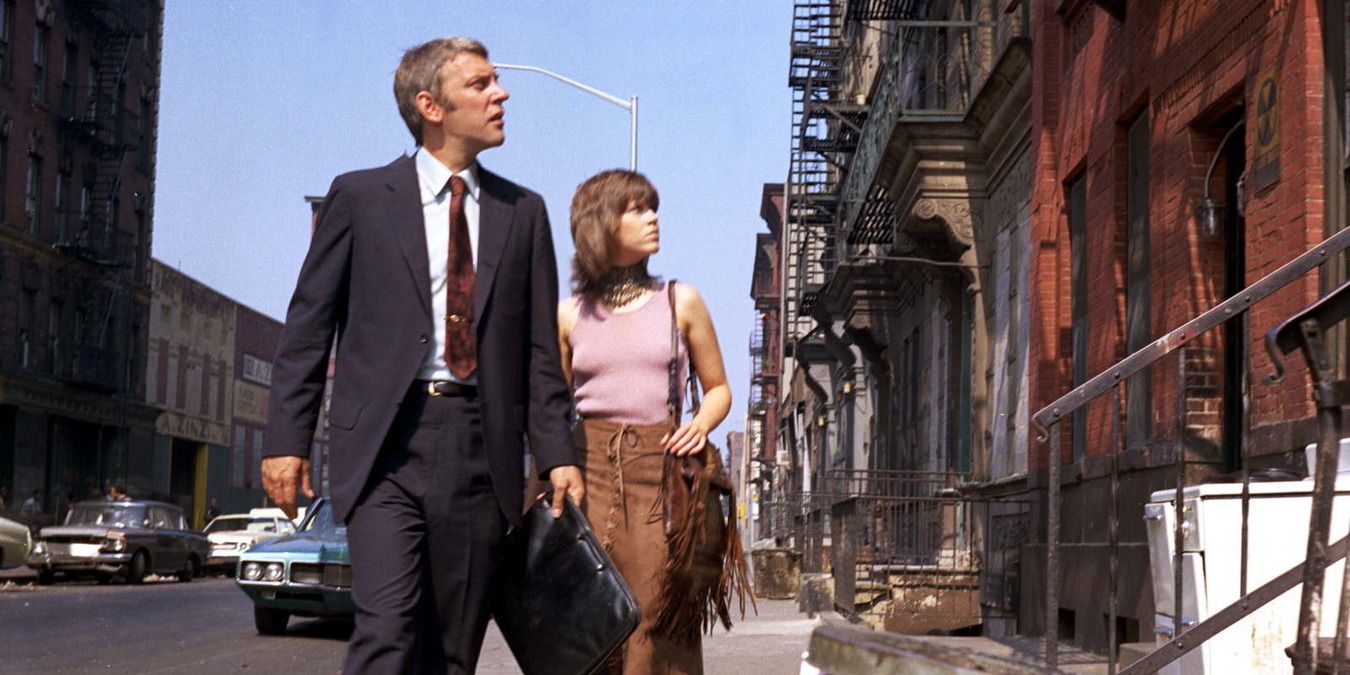
Alan J. Pakula is one of the greatest (and most underrated) directors of U.S. cinema. His ‘70s political thrillers perfectly encapsulated the post-Watergate paranoia felt by the American people, from The Parallax View to All the President’s Men.
When David Fincher and cinematographer Darius Khondji were figuring out the distinctive visual style of Se7en, they looked at Pakula’s neo-noir thriller Klute for inspiration.
5 The Graduate (1967)
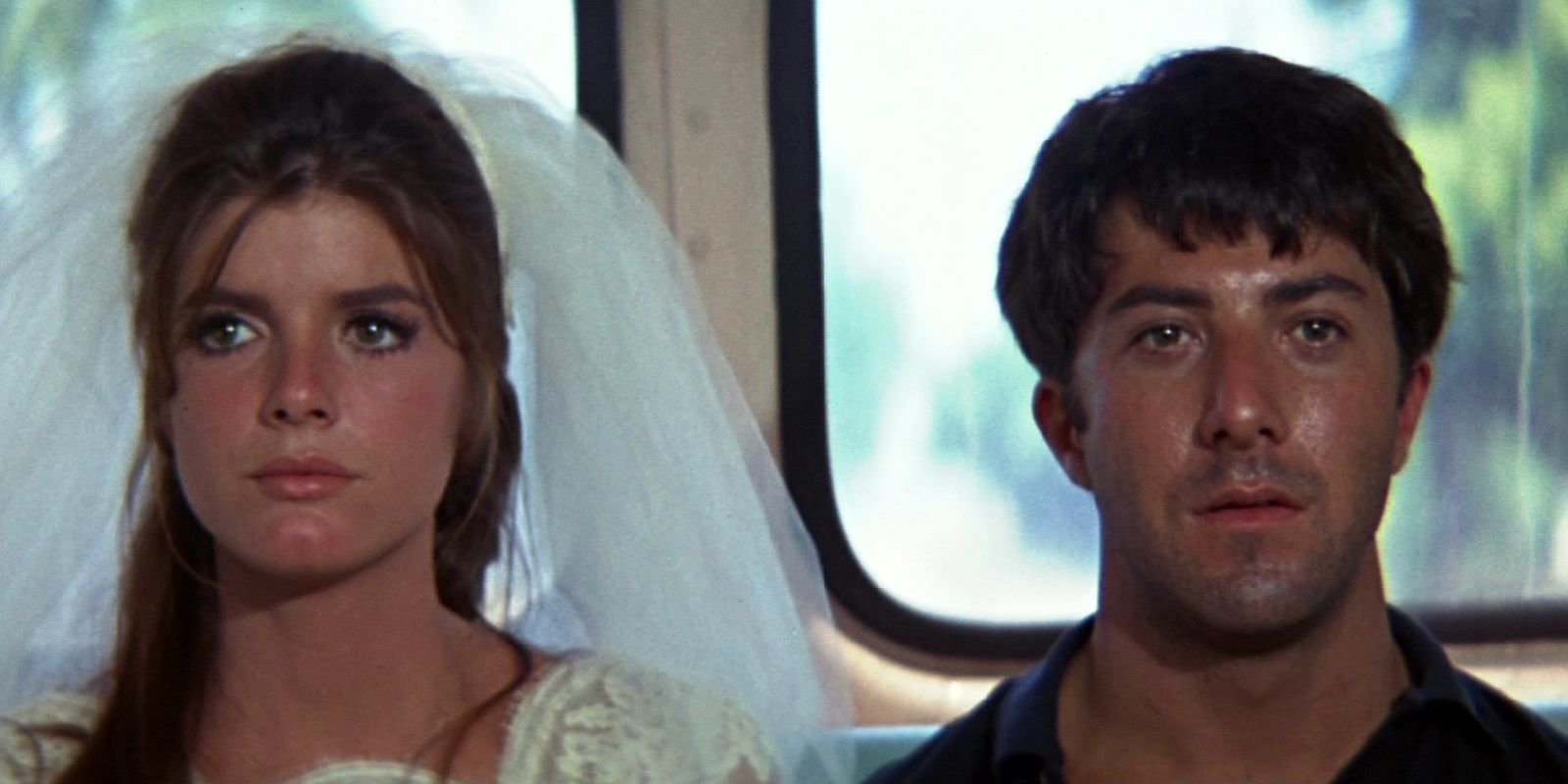
Arguably the pinnacle of the coming-of-age genre, Mike Nichols’ The Graduate stars Dustin Hoffman as Benjamin Braddock, a kid who finishes college and has no idea what to do with his life. The plot concerns an older woman seducing him, but that’s not what the movie is about. This is the movie David Fincher points to as a lesson in the importance of subtext and story over plot.
Speaking about Fight Club, he said, “We were making a satire. We were saying, ‘This is as serious about blowing up buildings as The Graduate is about f*cking your mom’s friend.’” The common thread between the two is a young generation resisting against an older generation.
4 Blade Runner (1982)
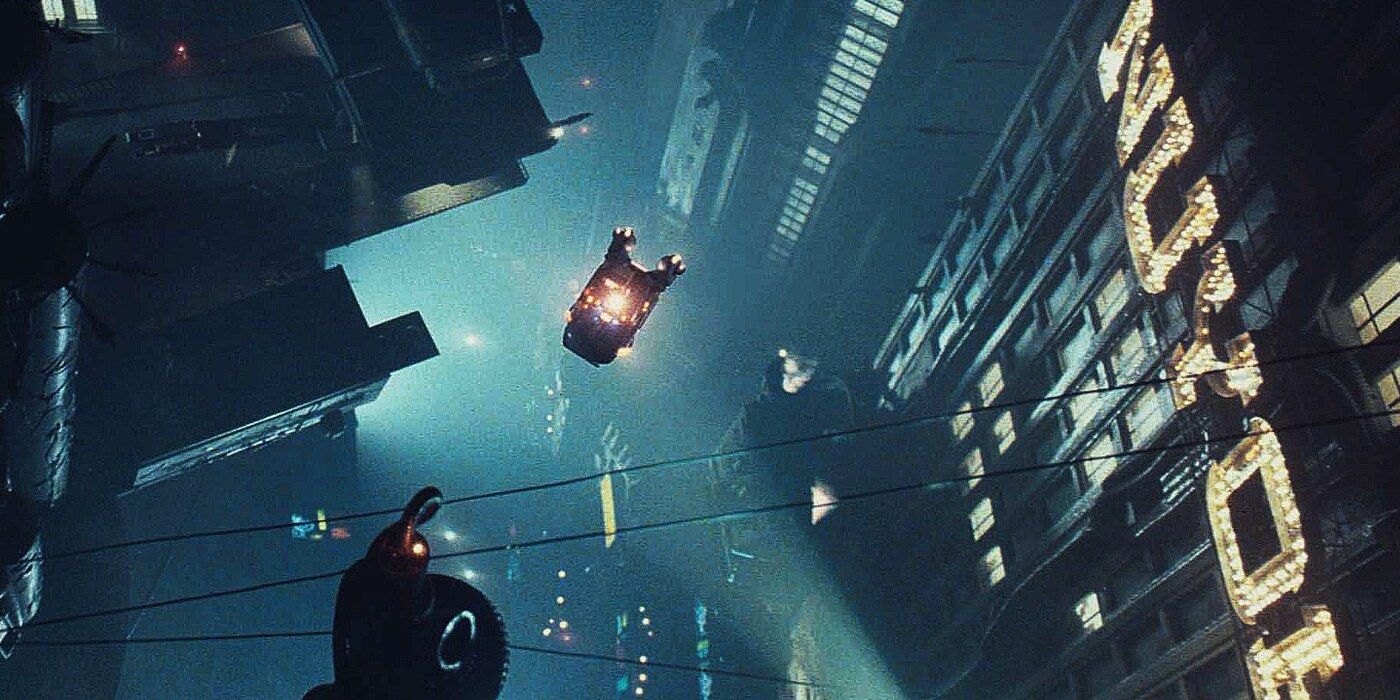
Ridley Scott’s futuristic neo-noir Blade Runner didn’t make a huge splash on its initial release, but it has gone on to inspire a whole generation of filmmakers. Among them is David Fincher, who has brought Scott’s modernized noir aesthetic and smoggy cityscapes to almost every movie he’s directed.
The biggest influence from Blade Runner can be seen in Fincher’s Coca-Cola commercial. With Blade Runner standing as one of his favorite movies, Fincher must’ve been pretty honored when Sir Ridley Scott declared his Netflix series Mindhunter to be the best show on television.
3 8½ (1963)

Every filmmaker loves Federico Fellini’s 8½ (David Fincher among them), because it’s about a filmmaker stuck between projects, which is a situation that directors often find themselves in when inspiration takes its sweet time to strike.
But Fellini’s movie is more than just an ego trip. It’s a landmark in meta filmmaking, with a surrealist self-awareness that slaps you in the face on every viewing.
2 Paper Moon (1973)
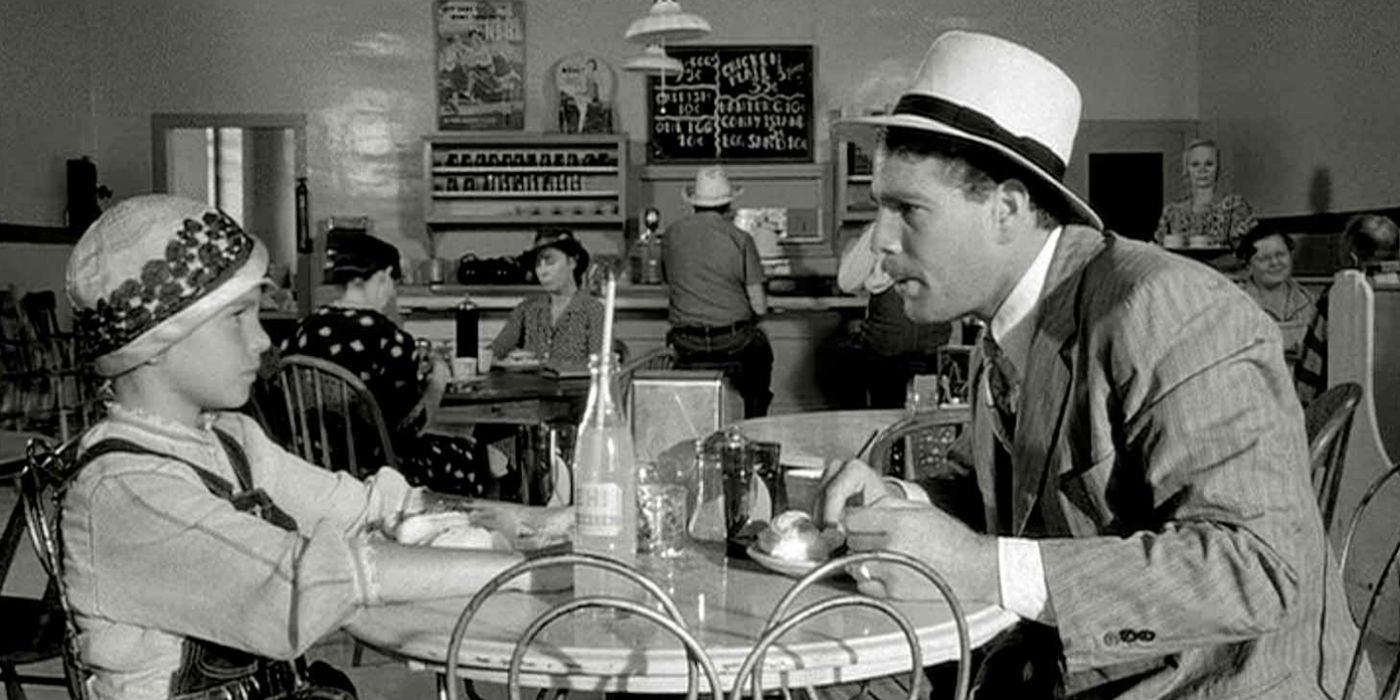
Peter Bogdanovich’s comedy Paper Moon is a common inclusion on lists of directors’ cinematic influences, and David Fincher is one of those directors.
The real-life father-daughter team of Ryan and Tatum O’Neal make for a compelling pair of leads in a movie that’s influenced a lot of Fincher’s character work.
1 Rear Window (1954)
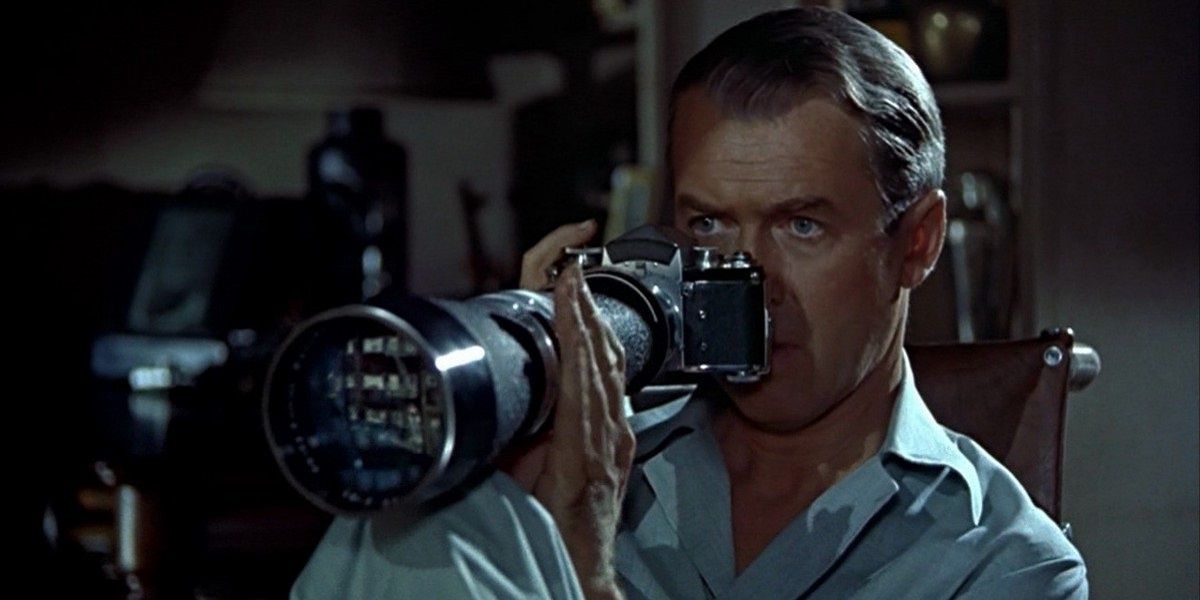
David Fincher has always been heavily inspired by the work of Alfred Hitchcock — pretty much every suspense filmmaker worth their salt was inspired by Hitchcock, for that matter — but one movie whose influence stands out among the pack is Rear Window. Fincher once described Panic Room as “Rear Window meets Straw Dogs.”
The story of a regular man becoming embroiled in a criminal plot after seeing something he shouldn’t have has influenced Fincher’s own proclivity for everyman protagonists (Se7en’s Somerset, Fight Club’s Narrator, Gone Girl’s Nick Dunne etc.).
from ScreenRant - Feed https://ift.tt/2y4zqke


0 Comments